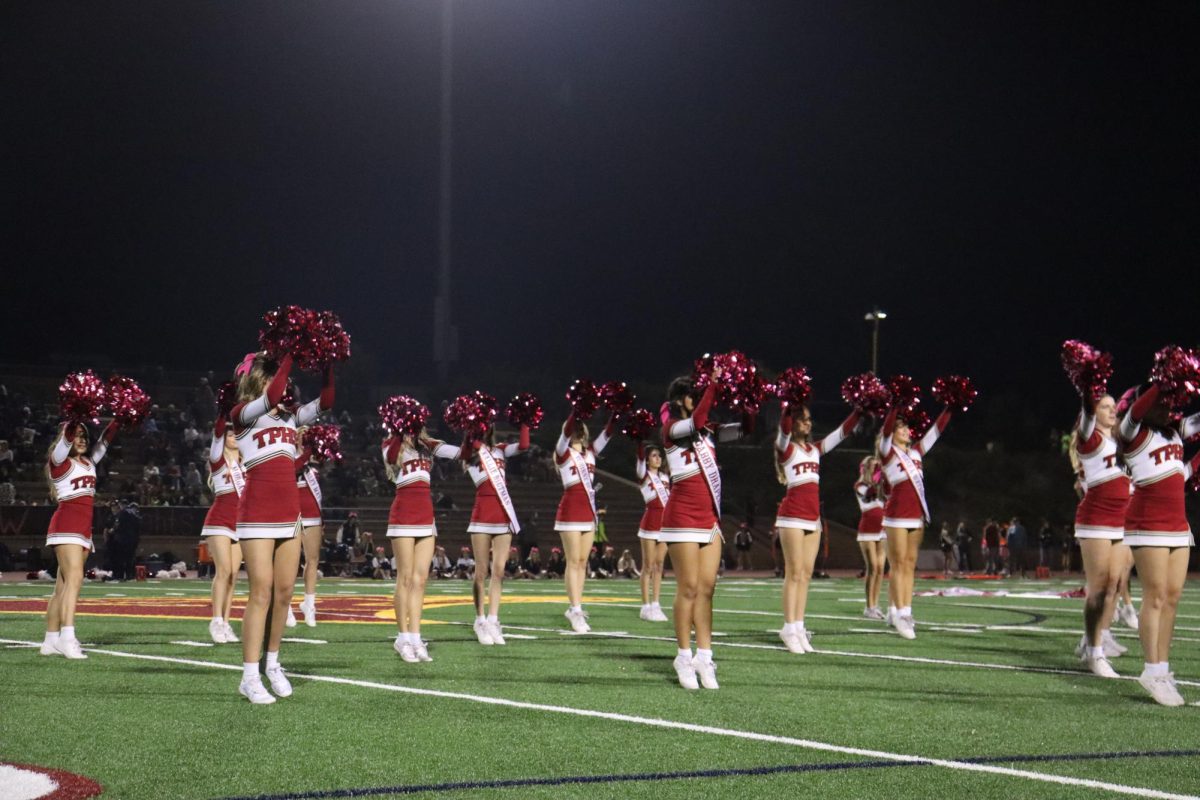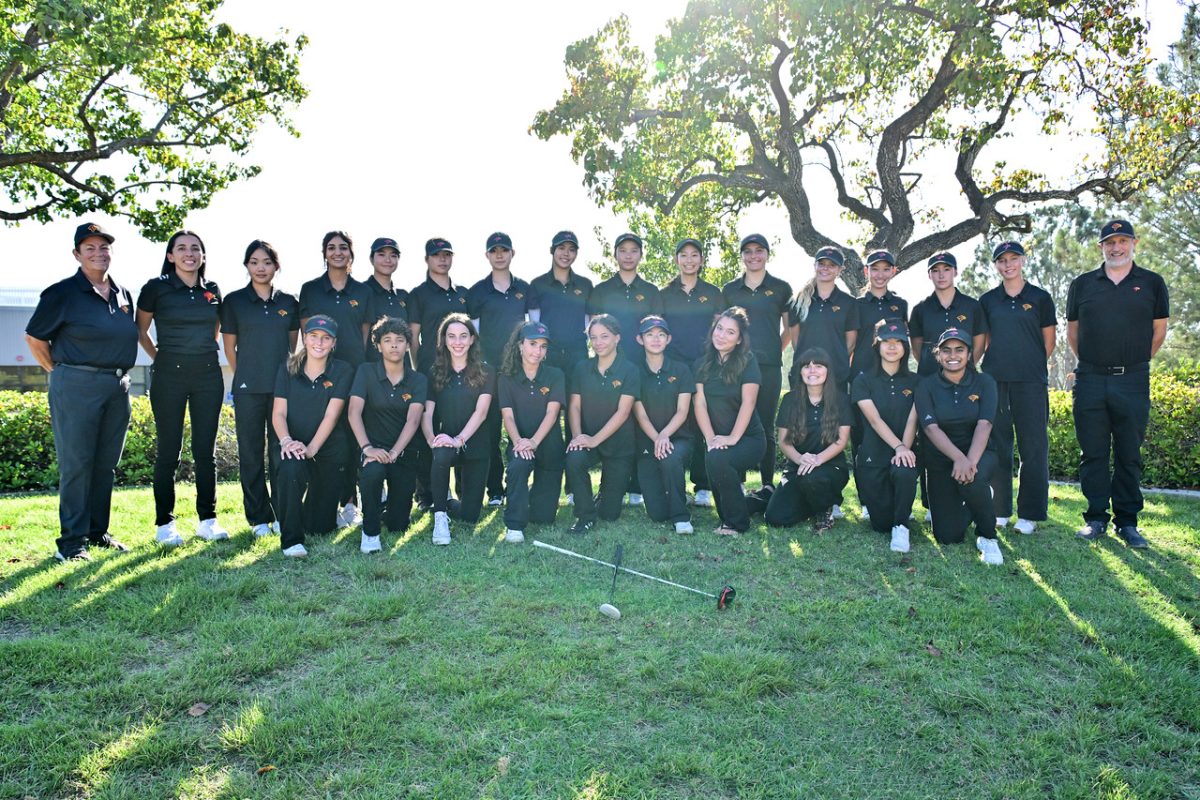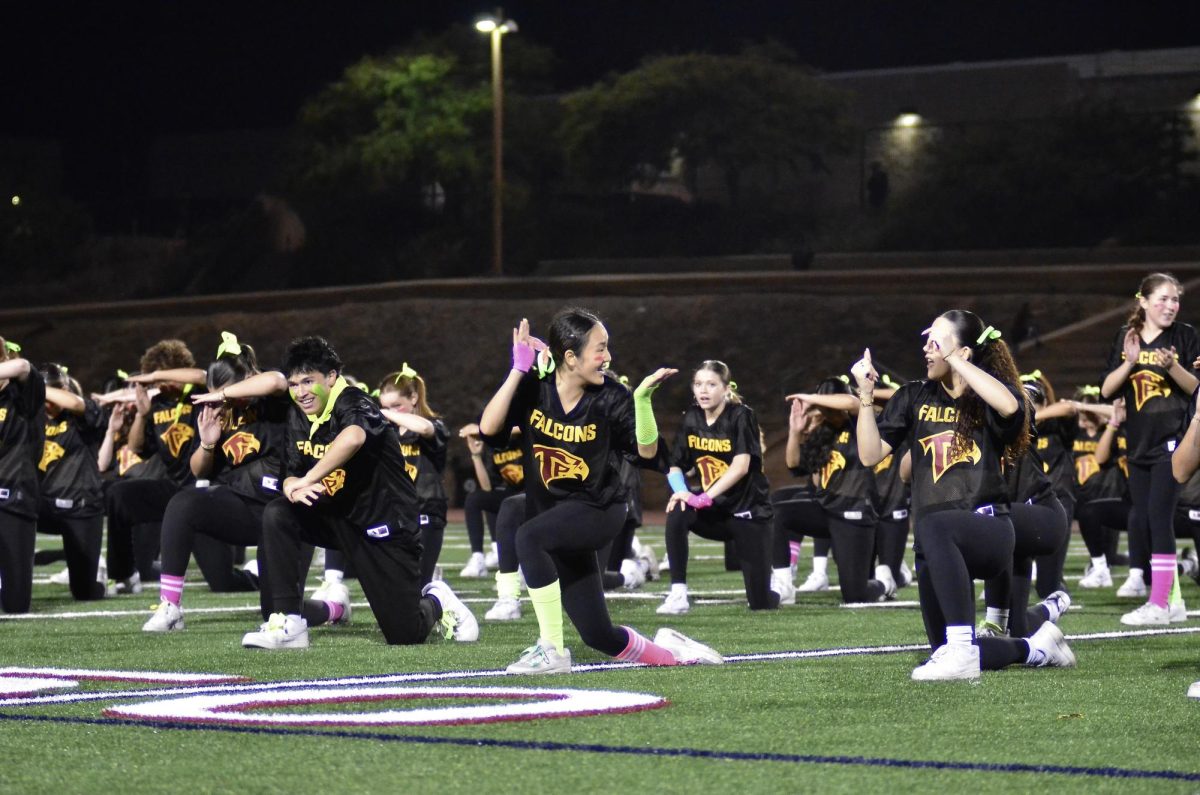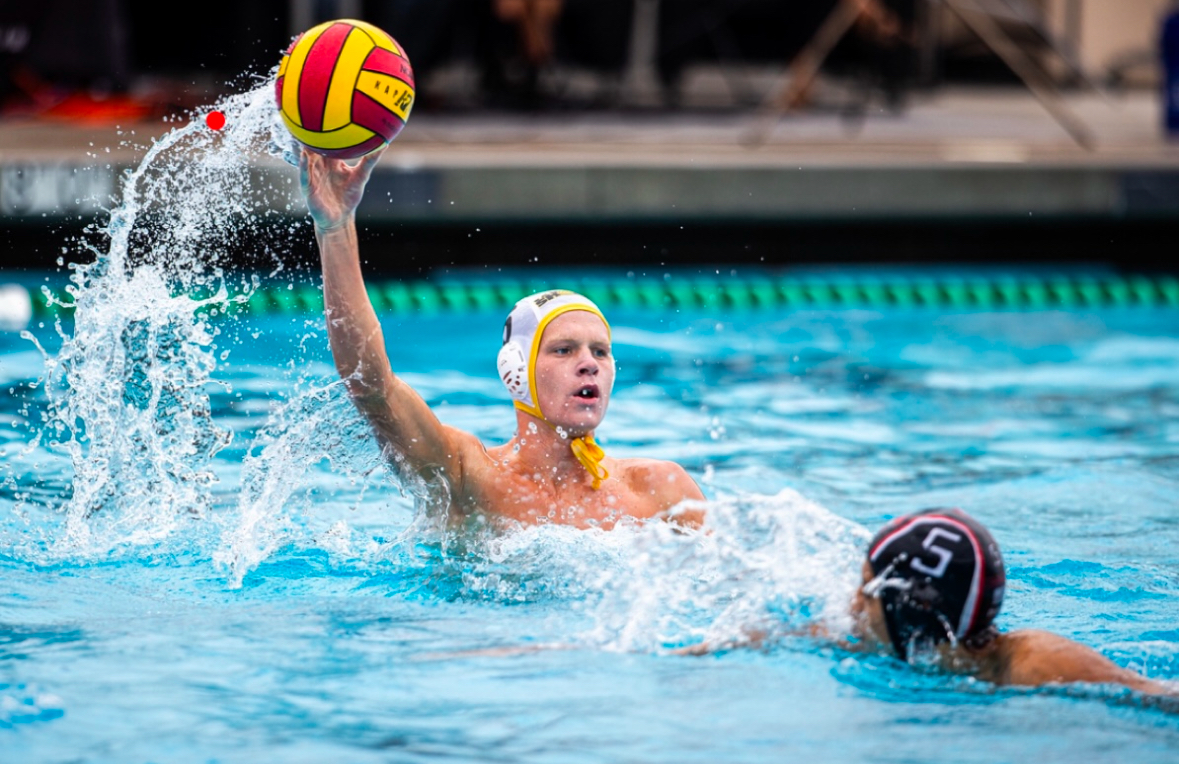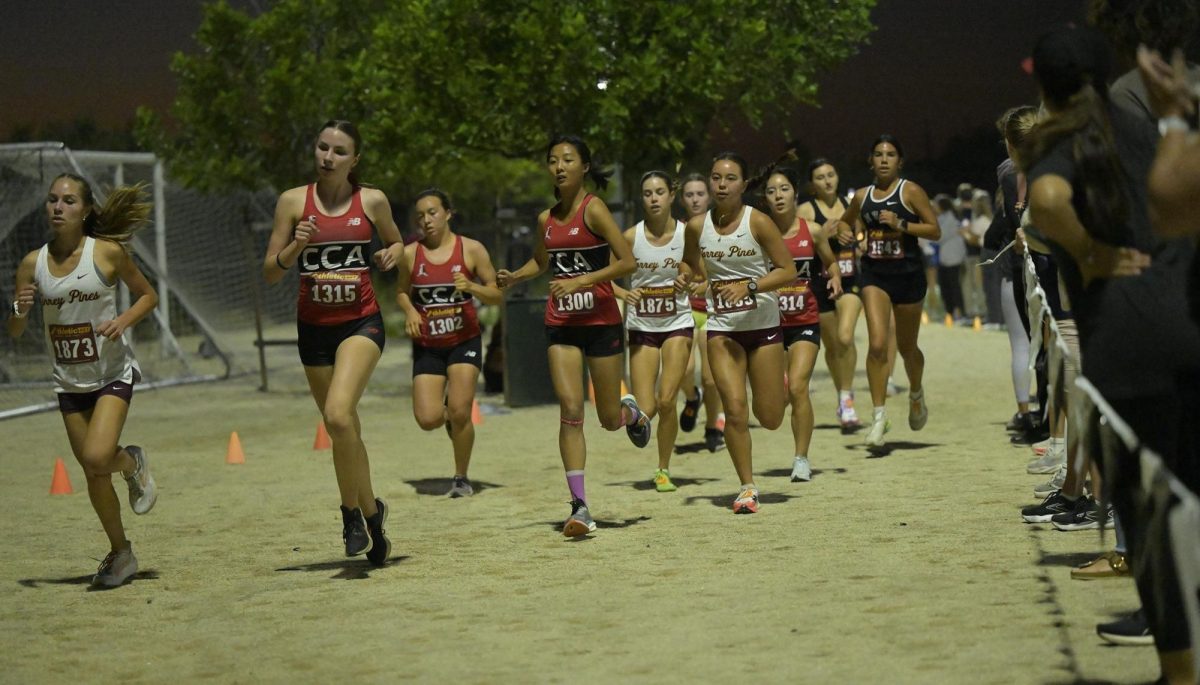It’s 8:30 a.m. The ringing bell signals the start of another busy day at school. But for many student athletes, their day started hours ago.
Most morning practices at the school begin around 6:15 a.m. or 6:30 a.m. and end at 8:00 a.m. Varsity cheerleader Hailey Godinez (10) appreciates having an early start to the day.

“I feel like I benefit from morning practices because it gives me a reason to wake up early instead of waking up late and almost being late to school,” Godinez said.
Godinez feels that training in the morning helps her to get “energized and ready to go for the rest of the day,” while she “would probably be tired and hungry” before an afternoon practice.
Varsity girls soccer coach, Martyn Hansford remarks on how this attitude of wanting to finish training in the morning is commonly seen amongst his athletes.
“I think we actually got more out of them in the mornings,” Hansford said. “I think they were like, ‘Practice is done, let’s focus on the school day. We’re finished, and we get to rest.’”
Hansford discussed with many players about how they were affected by morning practices and summarized the general consensus as positive. Despite having many concerns about how the girls’ sleep schedules and athletic performances would be affected, he found that many athletes preferred training at an early time.
Varsity football defensive and offensive lineman William Schreckengaust (12) shares a similar viewpoint.
“Sometimes I’m tired, depending on the day, but sometimes I actually like going into morning practice earlier because you kind of get a little bit more pumped up,” Schreckengaust said.
Varsity field hockey midfielder and captain Sydney Meltzer (12) agrees. Meltzer believes that morning practice gives her the boost to keep energized as the day progresses.
“[Morning training] helps me get ready and stay awake throughout the day,” Meltzer said. “As it gets later, I definitely get tired. But throughout school, at least, [morning training is] really good to get my heart rate up, and, honestly, I’m way more awake than if I woke up not long before school.”
It’s 3:25 p.m. The last bell of the school day rings and a sea of chattering students leave campus.
The preparation for early morning practices begins the afternoon before. With a shifted schedule, these student athletes are forced to finish their homework sooner. But with sports training out of the way, their afternoon is open to other activities.

“I like the aspect of having practice in the morning so that I don’t have to have practice later in the day, and I can get my homework done early since I’m really busy after school,” Schreckengaust said. “When I have practice in the morning, I have nothing else to do. I can focus on schoolwork.”
As the day nears its end, these student athletes must retire to bed. Sleep is a crucial factor in both academic and athletic performance. According to John Hopkins Medicine, most teens tend to naturally fall asleep no earlier than 11:00 p.m. However, to aim for the recommended minimum of eight hours of sleep, many athletes with morning training must sleep at a much earlier time.
“I try my best to be in bed around 9:30 p.m., but sometimes it’ll get pushed to 10:00 p.m., maybe 10:30 p.m,” varsity football linebacker and running back Ryder Young (12) said. “I usually try my best to get at least eight hours of sleep.”
Hansford, who was concerned that his athletes would face sleep deprivation when morning practices were scheduled, found that “they seemed to find that they were going to bed earlier.”
After a day of athletic and academic activity, these student athletes set their alarms to ring early in the morning once again.



